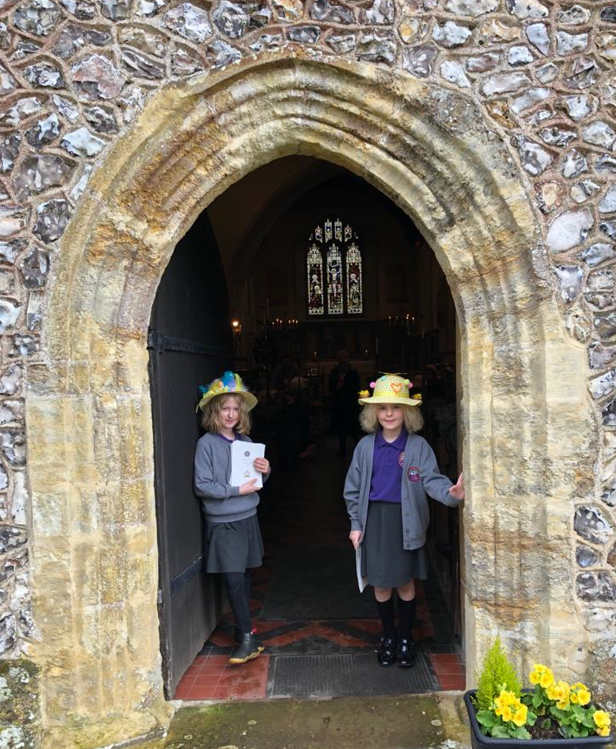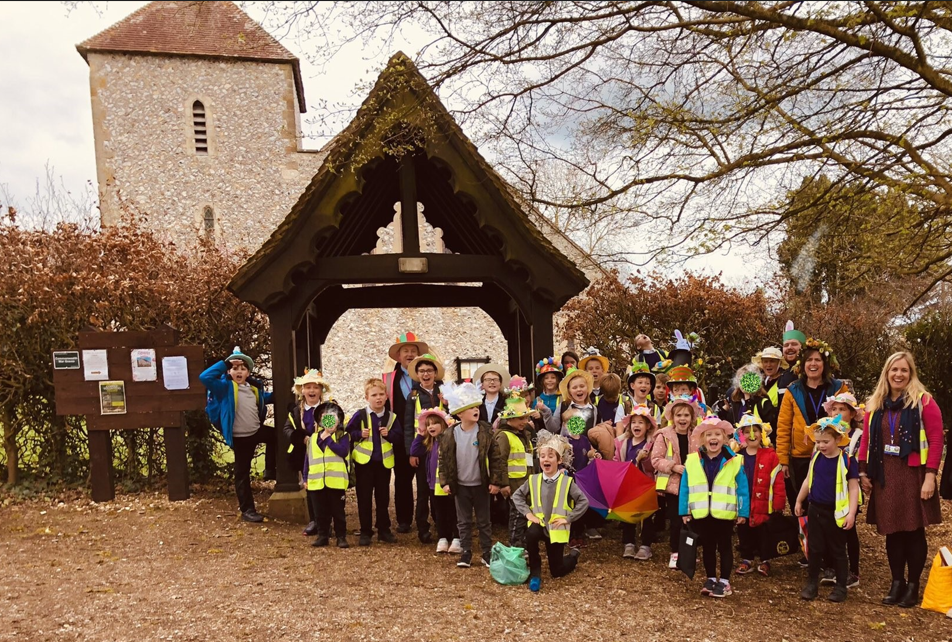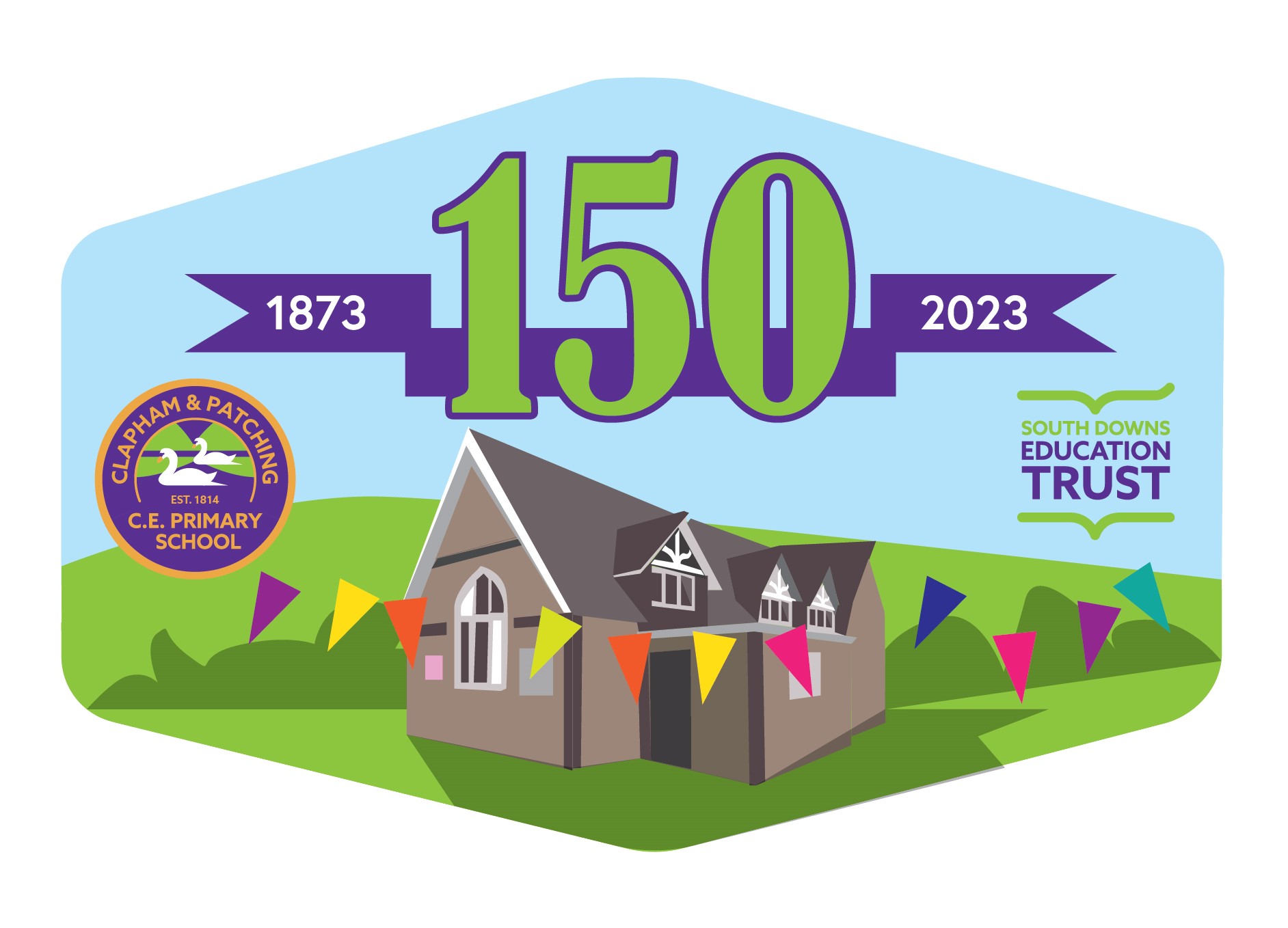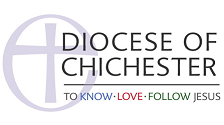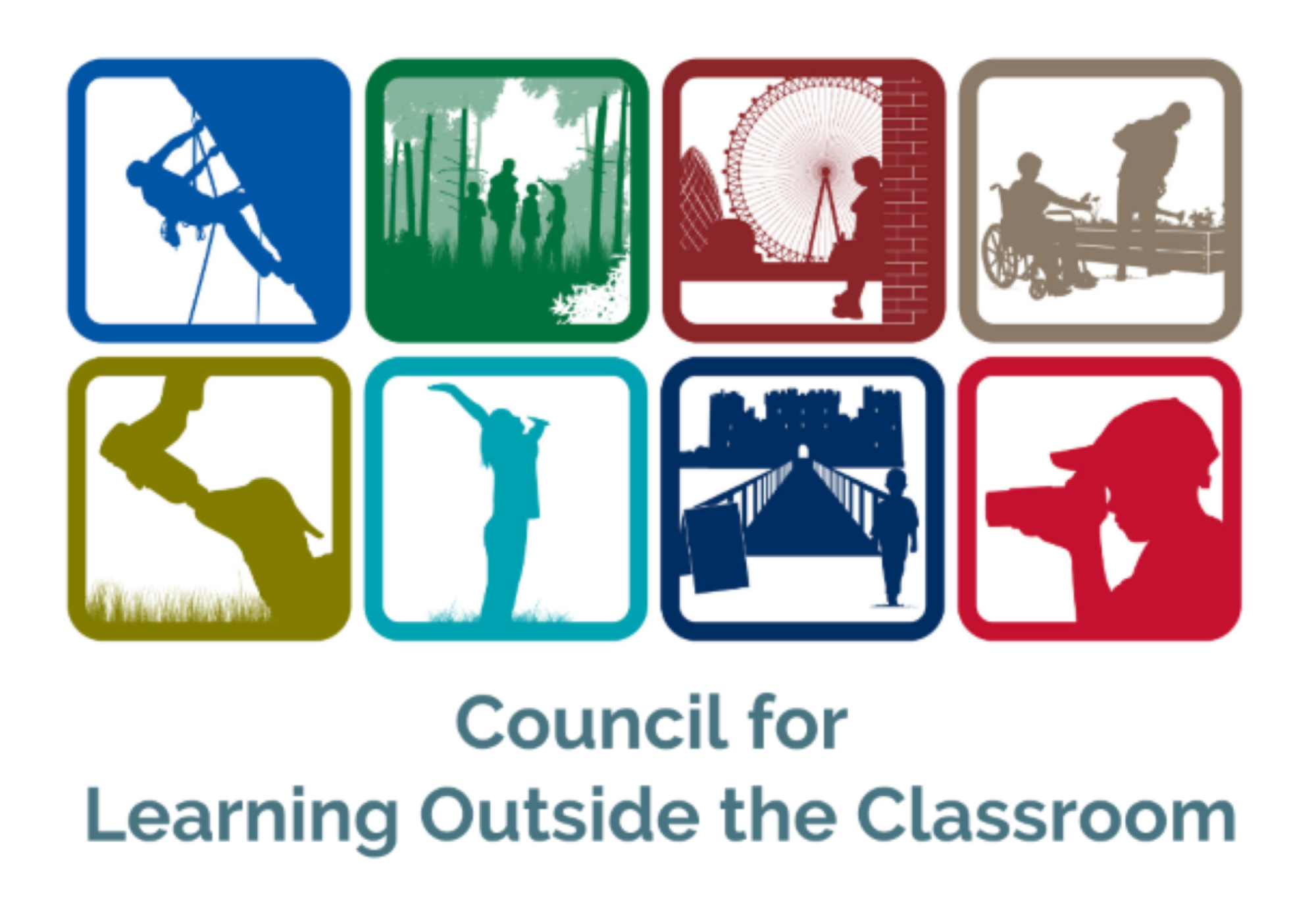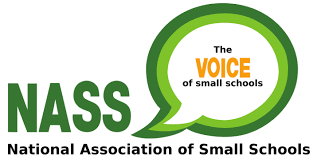Church School
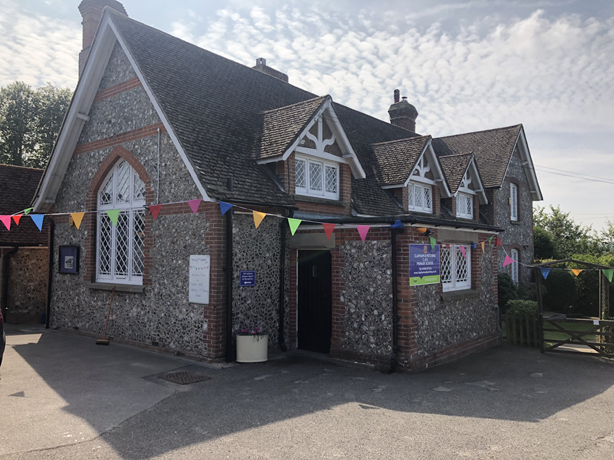
The Church of England has always been concerned with education in many forms and became involved in week day schooling with the building of 'National Schools' that educated children during the week as well as on Sundays. It was in 1811 that The National Society for Promoting Religious Education was established under the leadership of Joshua Watson. The National Society was founded when there was no state system of education in place, and the Society's hugely ambitious vision was to open a church school in every parish. By 1813, in just two years, they had built 30 schools and it was largely due to this initiative that Parliament established a universal right to education for all children.
Clapham and Patching CofE Primary School was established as a National School in 1814 and a church school has remained on the same site for 209 years.
In 1873 the school was rebuilt, and 150 years later, it has remained housed in the same building ever since.
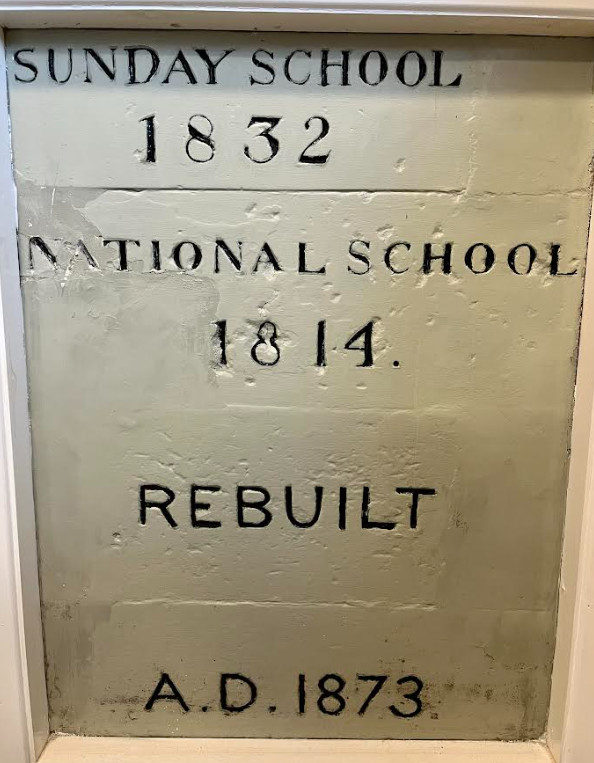
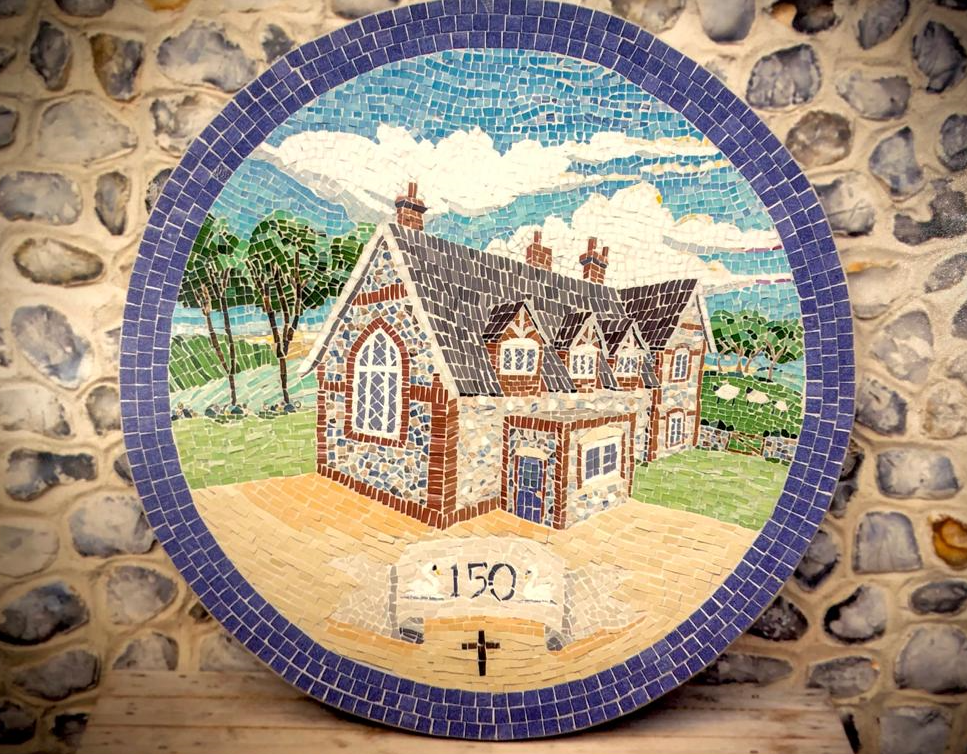
Our children take an active part in Christian worship on a daily basis. In religious education they are taught Christian principles and beliefs, and those of other major world religions. In the curriculum and in religious education children are given opportunities to learn about other cultures, religious beliefs, customs and ways of life.
The spiritual dimension is an important and central part of school life. This emerges from the opportunities that children have to get to know, understand and appreciate the world around them, and to reflect upon this knowledge and their own place in school, in their family and in God’s world.
Personal, social, cultural, moral education and citizenship is seen as a continuous process which begins in the home before children start school, continues through school life as part of the partnership between home and school and develops still further in adulthood. Hearing about people, how they live, their relationships with each other and their environment is an important part of children’s education at the school, as is an understanding of how human action, now and in the past, has influenced events and conditions. Children will learn to understand something of the structure and nature of their own society, its culture, institutions and values as a basis for learning to handle the wide variety of situations which will face them in their lives.
In religious education the children learn about and from religion. Our aim is that the children will gain knowledge and understanding about the beliefs, traditions and values of the Christian religion and the other main religions of the world, which will help them to form opinions and make judgements about religious and moral issues. The caring ethos of the school and the value that we place on the development of the whole child: spiritually, morally, socially, culturally and intellectually is reflected in the religious education curriculum.
Collective worship has an important place in the life of Clapham and Patching CofE Primary School. Through our collective worship we aim to provide a caring and supportive environment for children to experience some of the essential features of Anglican prayer and worship; to be able to reflect upon the value, purpose and meaning of things; to reflect on right and wrong; to share times of joy and sadness together and to reflect upon ideas concerning beauty.
In addition to the daily acts of collective worship in school there are school services held in the parish church. These services include those for Easter, Harvest, Remembrance and Christmas services and carols, and other occasions that arise from the Christian calendar or from special school events. Parents, neighbours, relations and friends are invited to all of these services.
